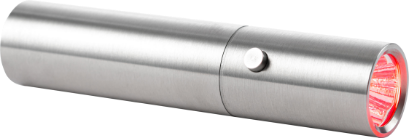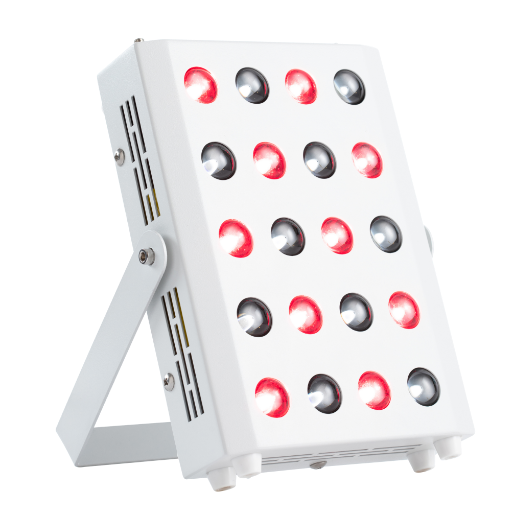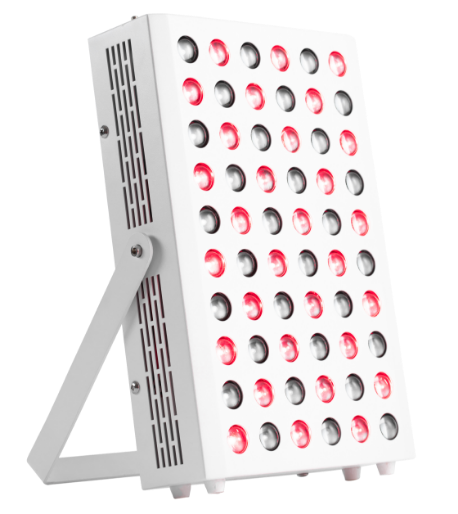Brain power (or mental acuity) is a complex measure of brain performance that describes how well your brain can respond to your environment in the moment. This includes everything from processing information to recalling memories.
In this article we’ll delve a little deeper into the meaning behind ‘mental acuity’, how it gets affected as you age, and how your lifestyle choices can ultimately support mental acuity.
Brain power and mental acuity explained
Mental acuity is a broad term that essentially refers to how ‘mentally sharp’ a person is. Generally speaking, if you’re mentally sharp, you will have an excellent memory and will find it easier to complete different tasks. However, it’s different to ‘intelligence’, which is used to describe your brain’s ability to acquire, store and use knowledge over a period of time.
It’s great to visualize this explanation by looking at how a computer would work. Mental acuity would dictate how quickly and accurately the computer responds to an inputted command. Intelligence, on the other hand, describes how much information is stored on the computer and how much of this information can be saved to use over periods of time.
There are 4 primary components of mental acuity that we will explore today; memory, information processing, attention, and judgement.
4 Primary Components of Mental Acuity
Memory: Memory is the area of the brain for which data or information is encoded, stored, and retrieved when needed. It is the retention of information over time for the purpose of influencing future actions. A big part of our mental acuity is how efficiently our brains sort and recall memories.
Information Processing: Information Processing is how individuals perceive, analyze, manipulate, use, and remember information. As a complicated and creative information processing system, the brain’s primary function is to be the command center that processes every bit of information – starting with input from the sensory organs – turning physical stimuli such as heat, touch, sound or light into electrochemical signals. When your brain is able to interpret all types of information more efficiently, you can respond better to everything around you.
Attention: Attention is the ability to actively process information in our environment whilst tuning out other details and distractions. It’s very limited in both capacity and duration, so it’s super important to have ways to effectively manage it. Everybody deals with the sensory competition in their brains, battling between different sights, sounds and smells, and not to mention self-thoughts. Mental acuity lets you cut through the less important sensory information so you can focus on what really matters.
Situational Judgement: Situational judgement describes how our brains react to our environment in different moments, and can be described as the external (or outward) result of our internal information processing. One main example of situational judgement could be how we interact with work colleagues or friends on a day to day basis.
For many people, when they are looking to improve their overall mental acuity and brain power, they want to be able to make better, clearer decisions that can positively impact their lives.
The Link Between Aging and Mental Acuity Decline
It’s no secret that as we age and get older, our brains also age and ultimately decline. Studies have shown that the brain’s abilities to reason, comprehend and remember may start to worsen as early as the age of 45. This means it can get more difficult for older people to process and recall important information. This deterioration can start smaller, and get more severe to the point where people are diagnosed with life-threatening illnesses such as dementia.
4 Other Factors That May Affect Mental Acuity
Aside from the natural effects of aging that everyone will experience at one point in their lives, there are 4 other factors that can lead to an undesired decline in cognitive health and mental acuity.
1. Circadian Cycles
A circadian cycle (or circadian rhythm) describes the natural, internal processes that regulate the sleep–wake cycle, such as sleep, digestion and metabolism, which repeats every 24 hours. If your natural cycles get disturbed or mis-aligned from poor sleep patterns, you may experience difficulty recalling memories or making judgements.
2. Daily Lifestyle
Similar to your circadian cycles, it’s so important to live a healthy lifestyle to maintain positive mental acuity. There are other lifestyle factors like stress and anxiety, or a more sedentary lifestyle, which can be really detrimental to your cognitive health. Other factors which you can control are excessive alcohol and drug use, as they have been shown to have a big impact on mental acuity as well as a person’s ability to maintain their attention and memory.
3. Circulation
Our circulatory system and blood flow affects nearly every aspect of our health, and mental acuity is no exception. Poor circulation, or low blood oxygen levels, could be a contributing factor that leads to a decline in mental acuity over time. [3] You can read more about the importance of circulation here.
4. Gut-Brain Axis
There have been many studies conducted to show the biochemical and physical links between your gastrointestinal tract and your brain, known as the ‘Gut-Brain Axis’. The physical connection between the gut and the brain is called the vagus nerve, which oversees a vast array of crucial bodily functions, including mood control, immune response, digestion, and heart rate.
Not only that, but your gut and brain are also connected via your immune system, affecting your body’s inflammatory response. This is backed up by numerous studies that show the link between inflammation and inflammatory toxins with brain disorders including dementia and mental health disorders such as schizophrenia.
How Light Therapy Can Help
As light is one of the main sensory stimuli that our brains are constantly processing, light exposure plays a key part in the biological processes that affect our cognitive activity and mental acuity. We will explore this in a bit more detail below.
The Role of Sleep For Mental Acuity
The roles of sleep and light go hand in hand for mental acuity, because sleep is vital for high-functioning mental acuity, and light is crucial for sleep optimization. We know this because the essential hormones that are released during sleep (such as melatonin and cortisol) are directly linked to how much light exposure we receive.
In simple terms, your brain will interpret light as a sign of when to be awake or to be asleep. This happens as a result of the light exposure synchronizing your brain to the time of day and dictating your circadian cycle and overall sleep schedule.
For example, if you take in a lot of bright blue light from phone or TV screens right before bed, your brain will be under the impression that it’s time to be wide awake, therefore hindering the production of the crucial hormones cortisol and melatonin for bedtime. This deprivation in hormones can lead to unwanted (and chronic) sleeping problems that will ultimately decrease your mental acuity and way of life.
This also extends to your circadian cycle too, because crucial cycles in your body such as your metabolism and digestion are actually timed by the brain and affected by light. This means that if you’re not getting enough of the healthy light and sleep, your body may run more inefficiently and affect your overall mental acuity.
Red Light Therapy to Improve Mental Acuity
Localized treatments using near infrared (NIR) and RED wavelengths, such as the iRed 20 bulb panel, are just one way you can go about improving your biological balance, strengthen your cells and increase the production of ATP energy. This happens because these beneficial wavelengths are fired onto the skin and stimulate the mitochondria in your cells, more importantly, right at the center of your body’s processing center. This will in turn support better mental acuity.
If you want to find out more about the benefits of Light Therapy, you can read our blog here.
Red Light Therapy Improves Balance, Enhances Sleep, and Promotes Mental Acuity
As we have discussed above, the definition of mental acuity is having a ‘sharp mind’, and to achieve this, you must ensure you have a balanced cellular functioning body. Why? Because when a person is making and using energy more efficiently (such as getting good sleep), their brain can thrive at the highest point possible. Light therapy is one of the best at-home treatments to help ensure you get the healthy natural light in your life.
Light therapy can also promote healthier sleep, which you can read more about here. The reason that iRed uses red light is because the color temperature is much lower than that of blue light, ensuring that there are no major disruptions to your body’s natural circadian rhythms. Because remember, getting a well rested sleep every night and waking up ready to go is one of the most important ways to support memory and mental acuity. Nobody wants to wake up with a foggy mind and unable to recall information.
Conclusion: A Balanced Lifestyle Supports Better Mental Acuity
Mental acuity is a direct measure of how your brain is performing, and it is dictated by 4 main components; memory, information processing, attention and judgement. There are several factors that we cannot control like aging, but there are also factors such as poor sleep, and lifestyle that we can control that decrease mental acuity over time.
It’s important to ensure you keep a healthy lifestyle, regular exercise, great sleep hours and cellular balance to ensure your mental acuity is to the fullest – and to combat the natural effects of aging that everybody experiences. Remember – light exposure, such as red light treatments from iRed, are a key ingredient for sleep and mental acuity, and red light products are a good investment to ensure you get the healthy light you need every day, right in your home.







